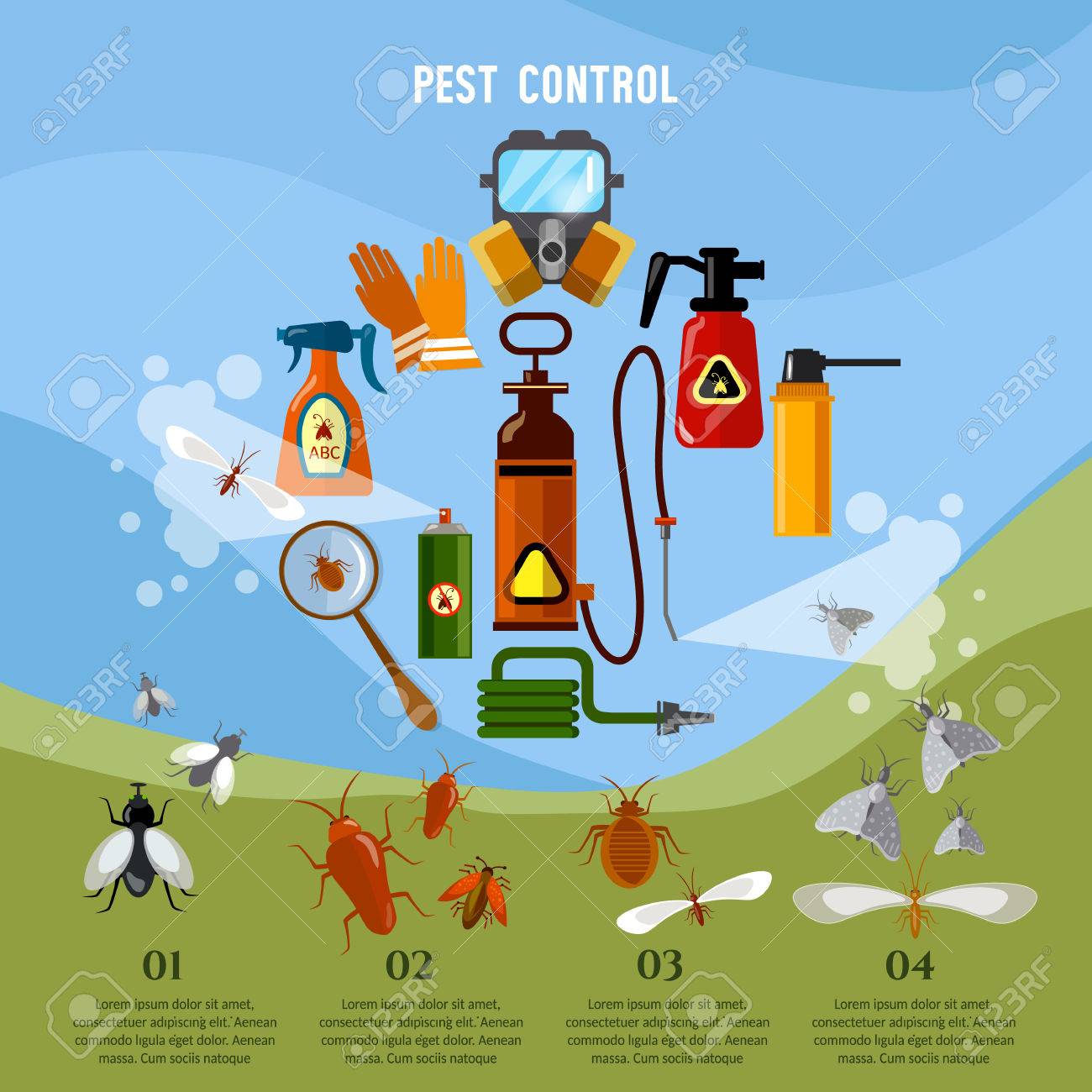The Function Of Insect Control In Food Safety And Security And Hygiene
The Function Of Insect Control In Food Safety And Security And Hygiene
Blog Article
Short Article Created By-Dickey Bunn
Are you aware of the covert risks that parasites present to the safety and security and hygiene of your food? From rats to insects, these unwanted visitors can contaminate your active ingredients, surfaces, and storage areas.
This write-up checks out the critical role of pest control in preserving the greatest criteria of food security and hygiene. Discover reliable approaches and avoidance measures that will aid you protect your service, clients, and reputation.
Don't let parasites endanger the quality of your food.
The Impact of Insects on Food Safety and Hygiene
In your kitchen, parasites can have a substantial influence on food safety and hygiene. These undesirable visitors, such as rats, pests, and roaches, can infect your food, surfaces, and utensils with harmful bacteria, infections, and parasites. Click In this article can easily access your kitchen, cupboards, and also your refrigerator, leaving droppings, pee, and hair.
Not just can they ruin your food by chewing with packaging, yet they can likewise spread out illness like Salmonella, E.coli, and Listeria. Picture preparing a dish for your family, not aware that the ingredients you're utilizing are already contaminated.
Rat Extermination to take prompt action to avoid and manage pests in your cooking area. Regular cleaning, appropriate food storage space, and professional bug control procedures are essential to make certain food safety and keep a sanitary environment in your kitchen.
Efficient Pest Control Approaches for the Food Industry
Executing efficient bug control approaches is crucial for preserving food security and health in the food industry. By implementing these approaches, you can stop insects from polluting the food and make sure that your products are safe for intake.
One effective technique is to consistently evaluate and check your center for signs of parasite activity. This consists of checking for droppings, nests, or any damages caused by insects.
It's likewise important to seal all entrance points to protect against pests from entering the center. Normal cleansing and sanitation are important, as insects are attracted to food deposit and spills.
In addition, proper waste management is essential to avoid the buildup of food waste that can bring in parasites.
Maintaining Health Specifications Via Pest Prevention Procedures
To maintain hygiene standards, you need to consistently implement pest avoidance procedures. By taking proactive actions to avoid bugs from entering your food facility, you can make certain the security and cleanliness of your facilities. Below are some reliable pest avoidance steps to think about:
- Seal all cracks and crevices: Bugs can enter via even the tiniest openings. Consistently check and seal any type of gaps in doors, windows, walls, and floors to maintain pests out.
- Correct waste monitoring: Get rid of food waste quickly and firmly in secured containers. This will certainly lessen the destination of insects and prevent invasions.
- Routine cleaning and sanitizing: Maintaining cleanliness in your facility is essential. Frequently clean and disinfect all locations, paying unique attention to areas where parasites may conceal or reproduce.
- Implement a monitoring system: Routinely check your facilities for indicators of parasite activity. Install pest monitoring tools, such as catches or sensors, to determine and deal with any prospective issues beforehand.
Verdict
So keep in mind, when it involves food security and health, parasite control plays an essential role.
By implementing reliable pest control methods and preventive measures, we can guarantee the highest criteria of cleanliness and safety and security in the food market.
Do not let insects jeopardize the quality of our food; let's stand together and safeguard our health and well-being.
